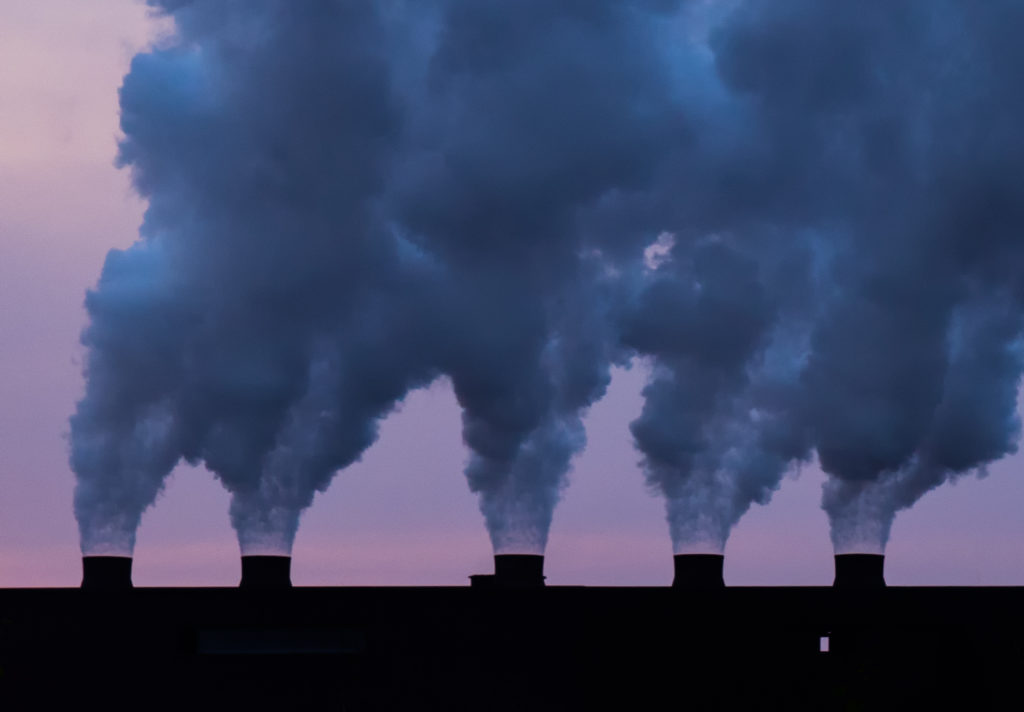
The pandemic seems to have accelerated energy investment trends already in place—a decrease in use of fossil fuels, while reducing prices of renewable energy infrastructure and recognition of green energy co-benefits have helped wind and solar hold steady. The decreased demand for oil and the price war between Russia and Saudi Arabia sent oil prices plummeting into negative territory. Coal and oil burning has declined in the first months of 2020, and overall energy investment is expected to decrease by 20 percent in 2020, according to the International Energy Agency. The decline will touch every sector of the energy industry, but oil and gas have experienced the biggest loss while utility-scale renewable energy has been more resilient, signaling its continued viability for future investment.
The sudden change in economic activity resulting from the coronavirus has also shown that many industries have the ability to redirect themselves. Clothing and fashion brands across the globe have stopped manufacturing clothing and starting making masks, auto and energy companies have started making and refurbishing ventilators, and perfume companies have been manufacturing hand sanitizer. This versatility suggests that adapting business models to be sustainable and healthy for the planet may be easier than previously imagined